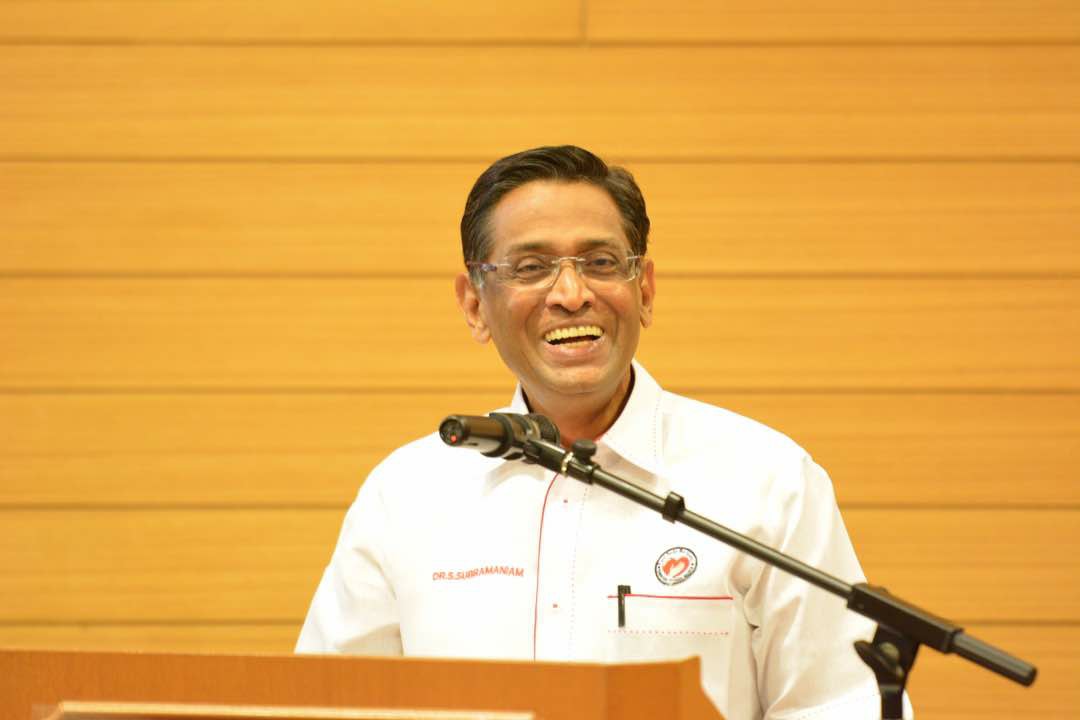KUALA LUMPUR, July 15 — Former Health Minister Dr S. Subramaniam said he did not receive any complaints by the Orang Asli about receiving forced contraceptives during his time in office.
Dr Subramaniam, who was health minister in the Barisan Nasional government from 2013 to 2018, said the Temiar Orang Asli women’s allegations of Health Ministry officials coercing them into getting birth control shots did not sound like the ministry he knew.
“As a former Health Minister, I am disturbed of the possibility of such a practice,” Dr Subramaniam said in a statement.
“This issue was never brought to my attention by anybody during my tenure as even during my formal and informal visits to Orang Asli villages.
“We have had many discussions on the nutritional status of Orang Aslis and the challenges faced in availing health programmes to the nomadic groups amongst them, but the issue of forced contraception was never highlighted.”
Temiar Orang Asli women from Perak and Kelantan accused Health Ministry officials last week of forcing them to take birth control injections, dating back to five years ago and as recent as this month.
Former Malaysian Medical Association (MMA) president Dr Milton Lum said coercing people into contraception could lead to a medical negligence claim, a complaint to the medical council, or civil or criminal proceedings for assault.
But current Health Minister Dzulkefly Ahmad in the Pakatan Harapan administration insisted that the ministry’s family planning services for the indigenous were meant to reduce their risk of anaemia from frequent childbirth and narrow birth spacing.
Bernama quoted Dzulkefly as saying that the ministry would hold an internal inquiry to determine if its health professionals had used force in administering birth control among Orang Asli women.
Dr Subramaniam said it was acceptable to advise anaemic women to postpone pregnancy until their health improved.
“This clinical intention has to be managed professionally,” he said.
“It has to be a joint effort with total involvement of the patient. Patient education and consensus building are essential.”
Dr Subramaniam also said the Health Ministry was run by highly qualified professionals with integrity, but acknowledged that some had an “overzealous desire” to achieve their goals by doing “what is not possible”.
“If that be so, it is high time we conduct a thorough review and develop much clearer and stricter guidelines,” he said.
“At the end of the day we want healthy Orang Asli women giving birth to healthy babies. The right to procreate is a basic human right.”








